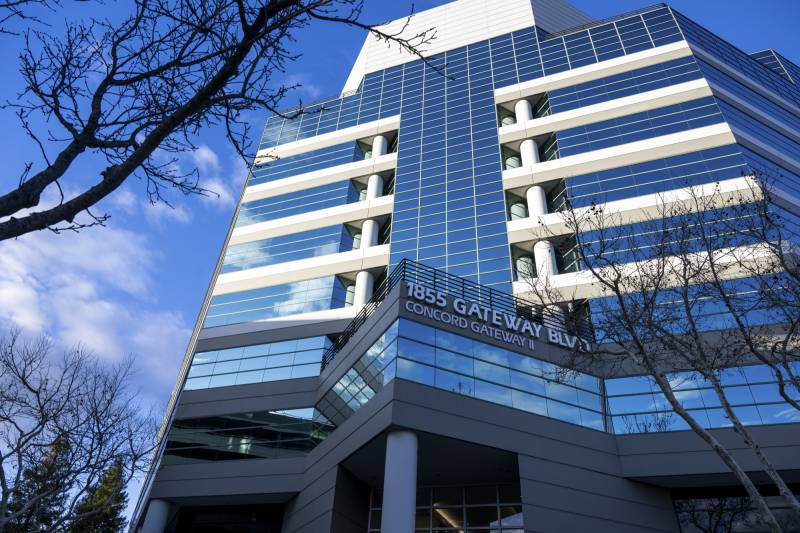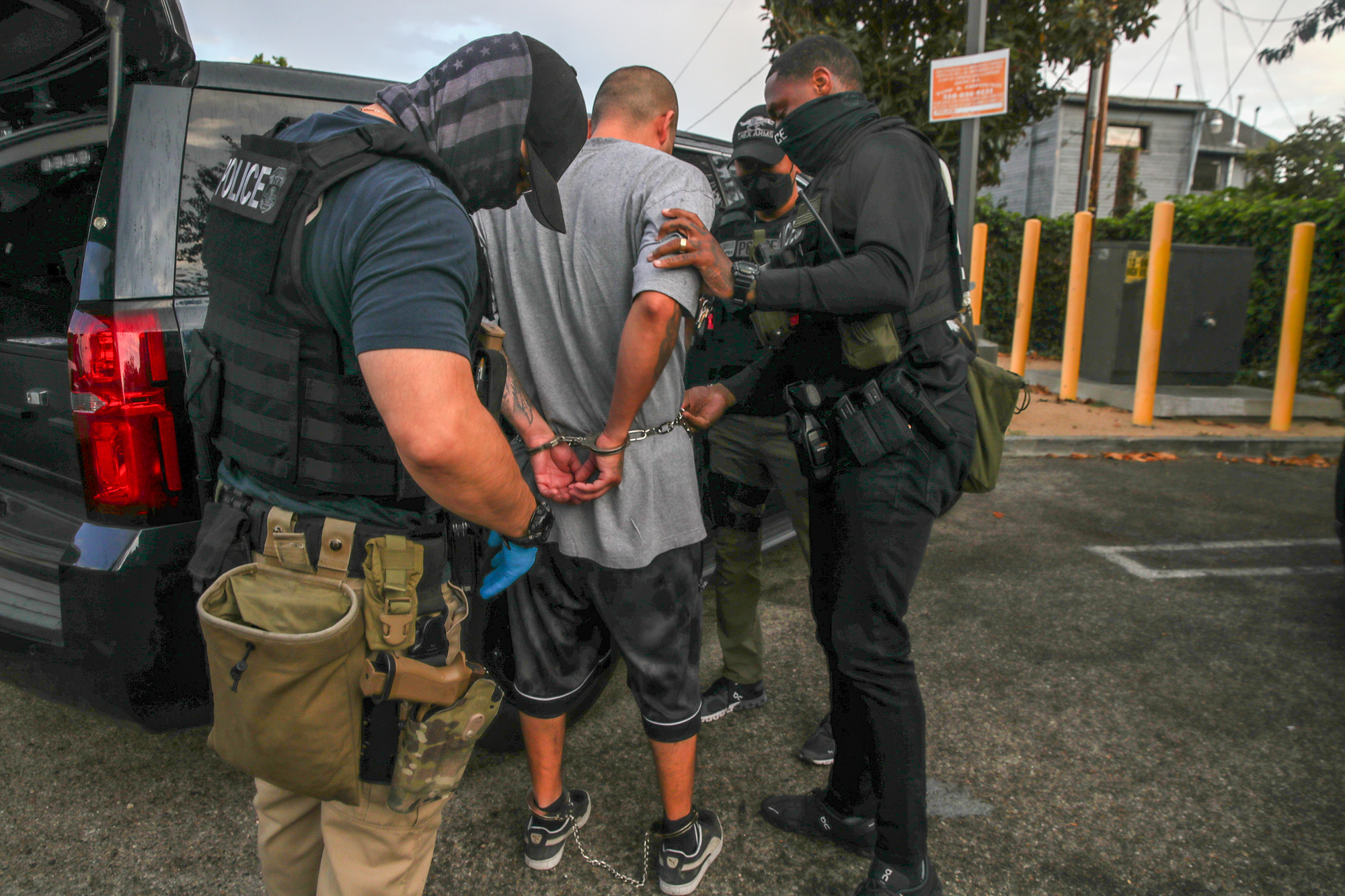An ICE spokesperson said in a statement that the people being detained are under active judges’ orders for removal from the country due to noncompliance with the legal process. People who have been protesting immigration raids argue that the fact they are being arrested at courthouses is evidence of compliance.
According to DeSaulnier, his priority is to hold immigration agents accountable.
Some federal immigration officers will wear masks or plain clothes during their raids, and it can be difficult for people to determine the officer’s true identity, he said. It is totally unacceptable, DeSaulnier added.
On Monday, DeSaulnier sat in Stender’s courtroom and listened to the asylum process.
“I saw people gathering in an American court to be part of the American judicial system,” DeSaulnier said. “All those stories behind each of those individual lives … inspiring.”
As more reports of ICE activity in the city emerge, DeSaulnier said he’s concerned that the agency’s courthouse operations could further deter people from attending scheduled immigration proceedings.
“As many individuals who need to use these courts are already living in fear, we should be encouraging immigrants to attend court as instructed, not making them even more afraid to appear,” DeSaulnier wrote in his letter to ICE’s acting director.
“These kinds of underhanded enforcement actions also call into question the [Trump administration’s] commitment to the American ideals of law and order and the right to due process.”
Back in the courtroom, Stender finished explaining what responsibilities and paperwork the asylum seekers needed to complete. An attorney remained to offer them free legal advice.
A few seconds before he closed the hearing, Stender reminded the room one more time: “Attend your next court date, no matter what.”


